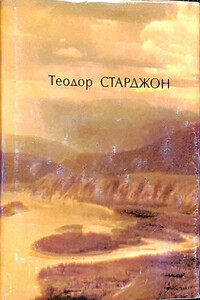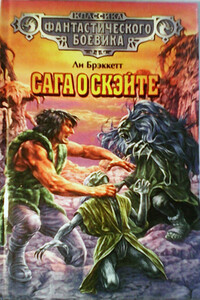You make me angry. I'll come down to you.
God, what a woman! And it's come to this,
A man can't speak of his own child that's dead."
"You can't because you don't know how to speak.
If you had any feelings, you that dug
With your own hand -- how could you? -- his little grave;
I saw you from that very window there,
Making the gravel leap and leap in air,
Leap up, like that, like that, and land so lightly
And roll back down the mound beside the hole.
I thought, Who is that man? I didn't know you.
And I crept down the stairs and up the stairs
To look again, and still your spade kept lifting.
Then you came in. I heard your rumbling voice
Out in the kitchen, and I don't know why,
But I went near to see with my own eyes.
You could sit there with the stains on your shoes
Of the fresh earth from your own baby's grave
And talk about your everyday concerns.
You had stood the spade up against the wall
Outside there in the entry, for I saw it."
"I shall laugh the worst laugh I ever laughed.
I'm cursed. God, if I don't believe I'm cursed."
"I can repeat the very words you were saying:
Three foggy mornings and one rainy day
Will rot the best birch fence a man can build.
Think of it, talk like that at such a time!
What had how long it takes a birch to rot
To do with what was in the darkened parlor?
You [couldn't] care! The nearest friends can go
With anyone to death, comes so far short
They might as well not try to go at all
No, from the time when one is sick to death,
One is alone, and he dies more alone.
Friends make pretense of following to the grave,
But before one is in it, their minds are turned
And making the best of their way back to life
And living people, and things they understand.
But the world's evil. I won't have grief so
If I can change it. Oh, I won't. I won't!"
"There, you have said it all and you feel better.
You won't go now. You're crying. Close the door.
The heart's gone out of it: why keep it up?
Amy! There's someone coming down the road!"
"[You] -- oh, you think the talk is all. I must go -
Somewhere out of this house. How can I make you --"
"If -- you -- do!" She was opening the door wider.
"Where do you mean to go? First tell me that.
I'll follow and bring you back by force. I [will]! --"
Домашние похороны
Он снизу лестницы ее увидел -
Она из двери вышла наверху
И оглянулась, точно бы на призрак.
Спустилась на ступеньку вниз, вернулась
И оглянулась снова. Он спросил:
-- На что ты там все время смотришь, а?
Она его увидела, поникла,
И страх сменился на лице тоской.
Он двинулся наверх: -- На что ты смотришь? -
Она в комок сжималась перед ним.
-- Что там, родная? Дай я сам взгляну. -
Она его как будто не слыхала.
На шее жилка вздулась, и в молчанье
Она позволила ему взглянуть.
Уверенная, что слепой не может
Увидеть. Он смотрел и вдруг увидел
И выдохнул: -- А! -- И еще раз: -- А!
-- Что, что? -- она спросила. -
-- Да, увидел.
-- Нет, не увидел. Что там, говори!
-- И как я до сих пор не догадался!
Отсюда я ни разу не глядел.
Проходишь мимо, где-то там, в сторонке,
Родительское кладбище. Подумать -
Все уместилось целиком в окне.
Оно размером с нашу спальню, да?
Плечистые, приземистые камни,
Гранитных два и мраморный один,
На солнышке стоят под косогором...
Я знаю, знаю: дело не в камнях -
Там детская могилка...
-- Нет! Не смей! -
Рука его лежала на перилах -
Она под ней скользнула, вниз сбежала
И оглянулась с вызовом и злобой,
И он, себя не помня, закричал:
-- Мужчина что, не смеет говорить
О собственном умершем сыне -- так?
-- Не ты. Куда девалась шляпа? Бог с ней.
Я ухожу. Мне надо прогуляться.
Не знаю точно, смеет ли мужчина.
-- Эми! Хоть раз не уходи к чужим.
Я за тобой не побегу. -- Он сел,
Уткнувшись подбородком в кулаки. -
Родная, у меня большая просьба...
-- Просить ты не умеешь.
-- Научи! -
В ответ она подвинула засов.
-- Мои слова всегда тебя коробят.
Не знаю, как о чем заговорить,
Чтоб угодить тебе. Наверно, можно
Меня и поучить, раз не умею.
Мужчина с вами, женщинами, должен
Быть малость не мужчиной. Мы могли бы
Договориться обо всем твоем,





